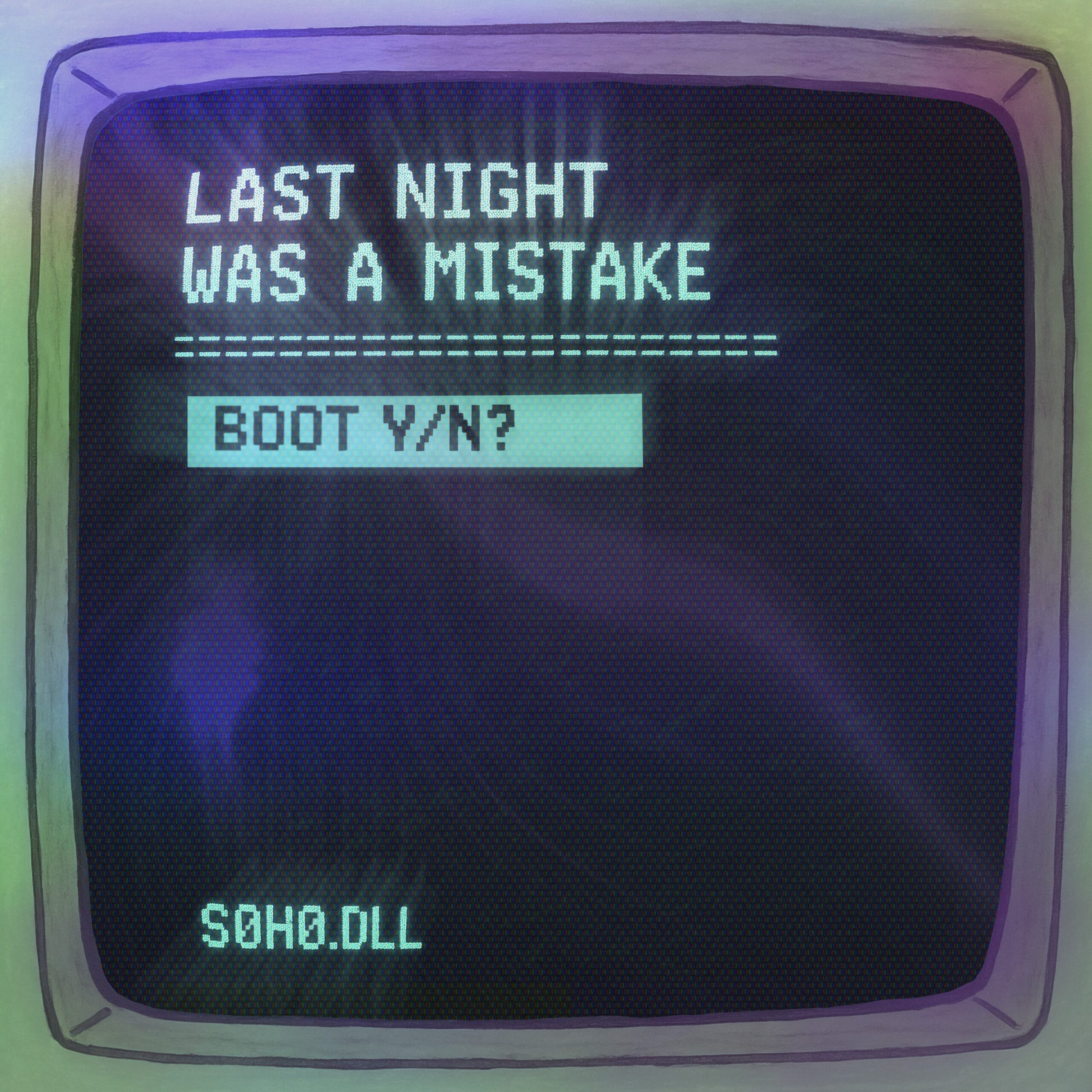We Speak Music
An Interview with Camari Knox

Your book’s title is striking—The Silence of Snow Is So Loudly Deafening. Can you share the meaning behind it and how it frames the emotional landscape of the collection?
To me, snow acts as a blanket over such a chaotic and busy world. It quiets the environment and makes it soft. That is what writing the contents of this book felt like for my world. At the time of writing, I was an extremely emotionally reserved person—and therefore silent—yet my thoughts were still there and frenzied. Collectively, each poem brings together this motif. The concept of my book title acts as a definition for my style of poetry.
You mention that the book was crafted over two decades of self-examination. What prompted you to finally publish these poems now?
By two decades worth, I’m hinting at how my book mirrors my life thus far. The themes carried throughout my poems implicate how I have untangled all of the reality I have experienced as well as brushes on moving forward from the point I was at mentally.
Many of your poems deal with trauma, introspection, and identity. Was writing this collection a therapeutic process for you, or did it serve a different purpose?
Writing this book was absolutely a therapeutic experience! As mentioned in the book, releasing it felt like a healthy sever between who I was in my late teens to who I am now in my early 20s. The contrast in such a relatively short difference in time is a profound turning point. Between writing and editing the book, I was able to feel that mental transformation that can be so easily overlooked and under appreciated.
You describe your work as a mirror rather than a map. What do you hope readers will see in that mirror?
I wanted my book to be less individualized and absolute. I wanted my writing to have a more unlocked perspective so my readers could engage with themselves through the words. This is very intentional. I also wanted the audience to go through a self-realization journey—which is precisely the way I have my chapters set up.
You write for readers who “tough love never really worked for.” How does your poetic voice challenge or redefine traditional ideas of healing and support?
My writing, in this book, is directly illustrative of the most effective help I’ve ever received and for me, that’s the art of receiving a dual-natured love. I appreciate the fact that there are nuances to people in how they digest outside involvement in their lives as well as getting support. In my writing, I found a balance of being blunt and sympathetic which is both a happy and practical medium!
Which poem in the collection do you feel most vulnerable sharing—and why?
Hmm, good question. I’d say the poem I named “For The First Time Ever”; the emotion I wrote about here was a projection of how I thought I would feel in the future. Then, the time came where the future became present and it’s exactly what I experienced. Rereading it was such a profound moment that I will always contemplate. It remains such a stirring piece for me, both then and now. To me, it’s one that transcends time.
As a self-published author, what were some of the challenges you faced in bringing this project to life, and what did the process teach you about yourself as a writer?
I was self-published as it gets and that meant doing every step by myself. From doing research to finding the time to market my book, I felt engulfed in trying to make it as perfect as possible. I believe there’s a weight that comes with being an independent writer by trying to overcompensate for the fact that I didn’t have a full team or even the time to put as much effort in my art as I wanted. There were some aspects of the process that I had to be okay with being average—especially while juggling college work as well. With that being said, my number one challenge was surprisingly formatting the poems. It took a lot of tweaking and even calculating to get my poems in the standard layout that they are in. Trust me, I learned the importance of practicing patience and gained the spirit of perseverance.
You draw inspiration from poets, novelists, and philosophers. Are there specific writers or thinkers who shaped your perspective while writing this book?
Considering I wrote this when I was 18 and in a very vulnerable position, I was impressionable to most literary works. My top inspiration at the time was Robert Wright, he wrote an intriguing book on the evolutionary psychology of humans named The Moral Animal; this changed my outlook on life and jump started my love for philosophical reading. I find myself referring to plenty of concepts I found in that book.
Your work walks the line between silence and noise, repression and truth. How do you approach balancing emotional restraint with emotional release in your writing?
I’d say the restraint comes in the form of not explicitly stating what exactly I have healed from. I simply was not in a place where I would feel comfortable widely sharing the exact details of my trauma, per se. For this book, I wanted to communicate my truth through how I perceived my experiences and the type of person I saw in myself.
Now that The Silence of Snow Is So Loudly Deafening is out in the world, what conversations are you hoping it will spark—either in readers or in the wider literary community?
I’d love to see matters of morality, introspection, and empathy being discussed across all levels—whether that’s internally or externally. I genuinely hope people digest the message of self forgiveness that I conveyed through my writing. I want my readers to know how irreplaceable they are regardless of their past, present, and any future personal conflicts. If one reader can say, “Oh, I’ve experienced this feeling before but hey she got through it—so I can too”, I would undeniably feel immense fulfillment.
We Speak Music
Sohodolls delve into rich swarming trap vibes with new single ‘Last Night Was A Mistake’

The tantalising, ever evolving, dark electro-pop musical world of Sohodolls is now delving into rich, swarming trap vibes, with new single ‘Last Night Was A Mistake’, an evocative song about a brief encounter with a kind stranger.
Having recently featured in Netflix’s top 10 series ‘Geek Girl’ with their song ‘Bad’, the new single brings similar St. Trinian’s punk-girl attitude but buried deep within a haze of beats and pulsating electronics, which escalate into an infectious sweaty club banger for all the gamers and misfits who, like the band, also blend between genres.
Whilst on the surface an anthem for regretting the night before, ‘Last Night Was A Mistake’, goes much deeper to fantasize how things may have turned out, combining dreamy atmospheres with fast-paced, dystopian moods as the story twists and turns from hangover recollections to imaginary future romantic scenarios.
“It’s about that unexpected encounter with someone who has a dream-like quality and never being able to forget them. It’s about an instant connection that completely caught me off-guard”, explains Sohodolls’ Maya von Doll. “Lyrically I wanted to continue the story the way I wanted it to go before being pulled away from that magical moment.”
Produced by Marcus Andersson and mixed by Austin Leeds, ‘Last Night Was A Mistake’continues an exciting new era for Sohodolls as they limber up to launch their long-awaited new album this year. Known for their 00’s hit ‘Bang Bang Bang Bang’, which Madonna’s daughter recently sent viral via TikTok, Sohodolls prove once again with ‘Last Night Was A Mistake’ that they are up there with the best alt-pop artists around at the moment whilst retaining their London goth-scene roots.

-

 We Speak AAU Basketball1 week ago
We Speak AAU Basketball1 week agoFuture Floor General: Savage F.O.E.’s PG Kyan Mains Is Turning Heads On The AAU Circuit
-

 We Speak Track And Field6 days ago
We Speak Track And Field6 days agoShe Doesn’t Chase Medals, She Earns Them: Inside Aniyah Walker’s Drive And Dedication
-

 We Speak Coaches7 days ago
We Speak Coaches7 days agoLockdown Leadership: Inside The Mind Of Jonesboro High School’s Defensive Backs Coach Ced Brooks
-

 We Speak Volleyball12 hours ago
We Speak Volleyball12 hours agoBuilt for the Pressure, Wired to Compete: Loretta Duby’s Passionate Pursuit of Purpose Through Volleyball

